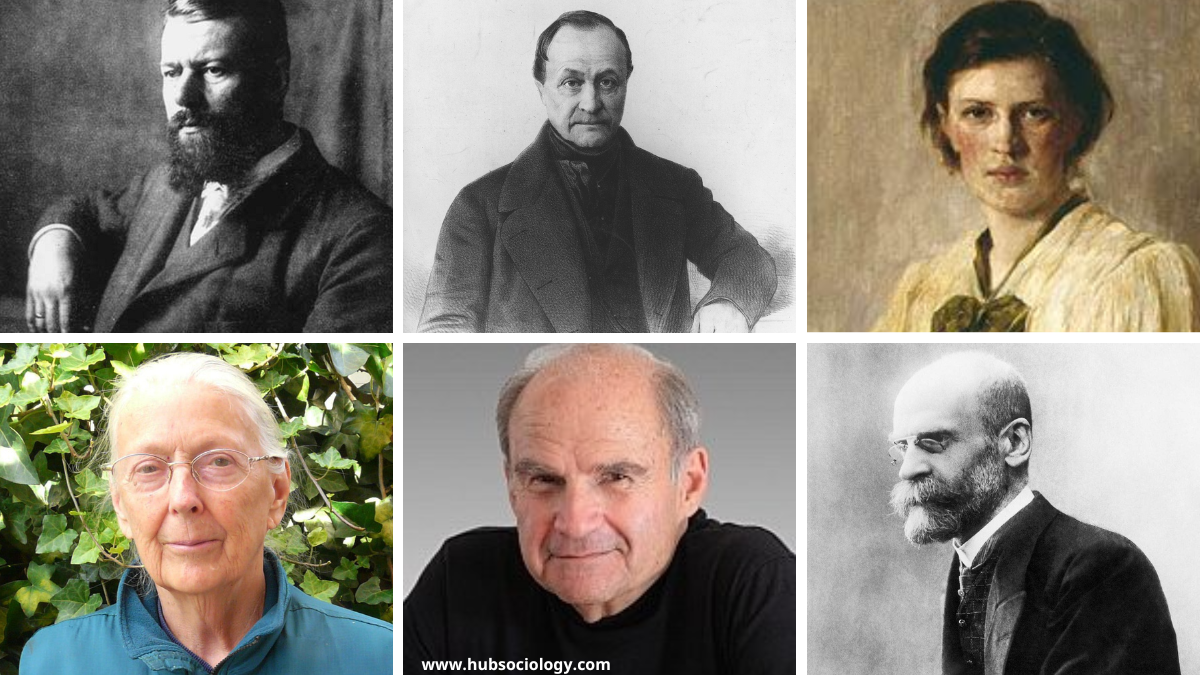North American Sociology: History, Scope and Key Debates
Introduction North American sociology has emerged as one of the most dynamic and influential branches of sociological thought in the modern world. Rooted primarily in the United States and Canada, it reflects a rich interplay of European intellectual traditions and the unique social realities of the North American continent. From the industrialization and urbanization of … Read more









